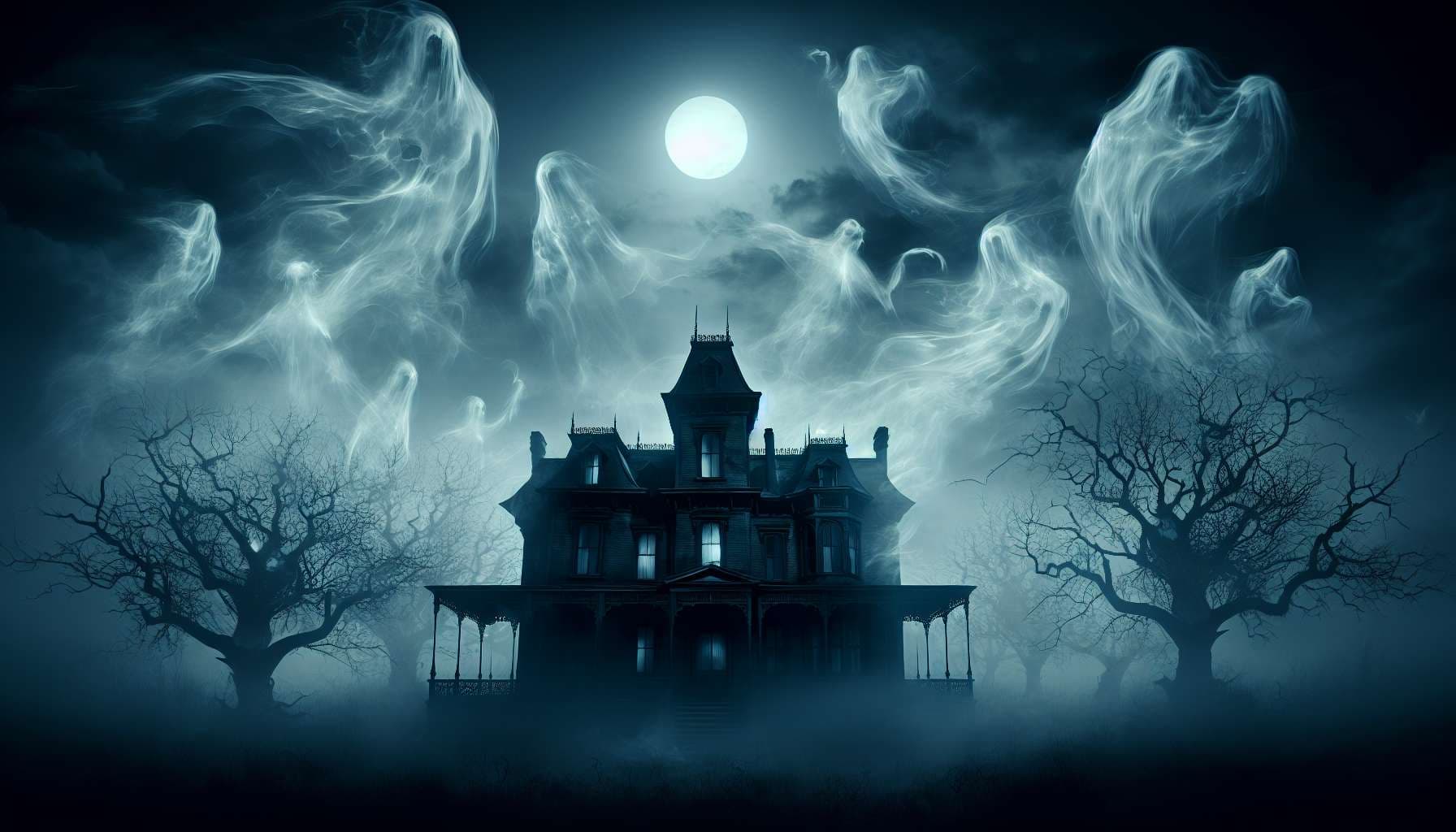
Inspired by this one time a family member was watching a ghost hunters show and I overheard the presenter say something like "we're going to try and answer the greatest of ALL mysteries: are ghosts real?" to which I couldn't stop laughing at how absurd their philosophical priorities were.
People are also trading
"Kinda sorta maybe at a stretch - consciousness/souls do exist but they cease to exist when the body dies"
The slash between "consciousness" and "souls" is doing a lot of work here. Curious if everyone voting "No" is just not paying close enough attention or if they are genuinely anti-realists about consciousness.
@NBAP within the context it is obvious, that the used meaning of consciousness used is not based on computation - the only definition I agree with.
I am sure the slash did not mean OR, but "call it whatever you want". Ghosts/souls and consciousness are not anyhow connected, thus I vote no.
@KongoLandwalker Surely if ghosts and/or souls exist, they must be related to consciousness (with ghosts being continuation of consciousness after bodily death, and souls being the source/spark/seed of consciousness). Surely people do not regard ghosts as philosophical zombies, and what would souls do if completely unrelated to consciousness?
In the wake of a human being’s death, what survives is a set of afterglows, some brighter and some dimmer, in the collective brains of all those who were dearest to them. And when those people in turn pass on, the afterglow becomes extremely faint. And when that outer layer in turn passes into oblivion, then the afterglow is feebler still, and after a while there is nothing left.
This slow process of extinction I’ve just described, though gloomy, is a little less gloomy than the standard view. Because bodily death is so clear, so sharp, and so dramatic, and because we tend to cling to the caged-bird view, death strikes us as instantaneous and absolute, as sharp as a guillotine blade. Our instinct is to believe that the light has all at once gone out altogether. I suggest that this is not the case for human souls, because the essence of a human being — truly unlike the essence of a mosquito or a snake or a bird or a pig — is distributed over many a brain. It takes a couple of generations for a soul to subside, for the flickering to cease, for all the embers to burn out. Although “ashes to ashes, dust to dust” may in the end be true, the transition it describes is not so sharp as we tend to think.
In other words, some of who we are, our memories and personality, are actually stored in other people's brains, in their memories about our lives and their inner models of how we behave.
@Snarflak kinda like the quote about ones second death being when their name is said for the last time
@Snarflak that is like treating a memory about a human as a meme in Dawkins sense, which might live longer than the human itself. Memory is a meme which has its own life cycle, i agree with that. But I do not agree that human continues to "live". Meme describing a human is not a human.
___
The memory of hitler became a meme likely to live couple thousand years. Because it manages to save itself into books.